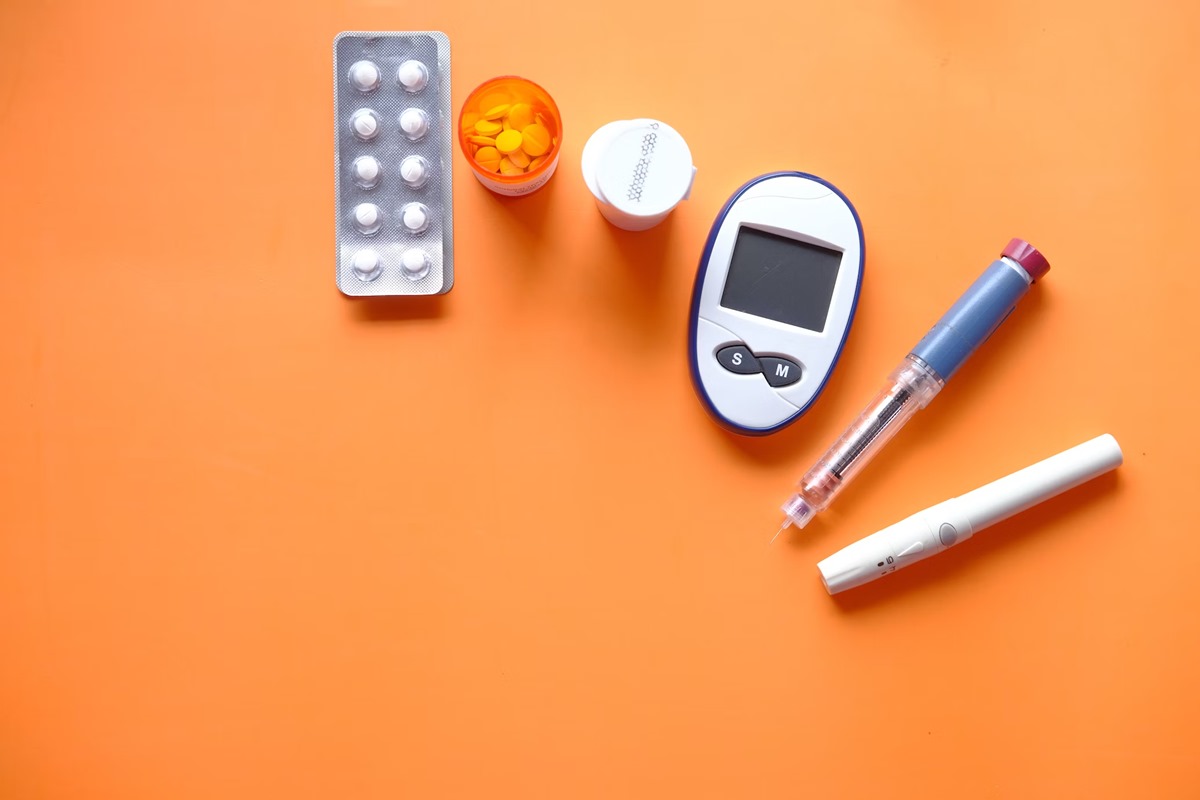Diabetes can be a silent threat, often creeping up without a clear warning. It’s not just an ailment that affects older individuals; even children less than a year old can be diagnosed with it. To help you stay vigilant, here are the early signs of diabetes that should prompt you to take action before any major harm occurs.
1. Frequent Urination:
One of the most prominent indicators of diabetes is the constant urge to urinate. Elevated blood sugar levels prompt your kidneys to work overtime, resulting in frequent urination, especially during the night.
Advertisement
2. Unquenchable Thirst:
Normally, a person urinates about 8-9 times in a day. However, diabetes can cause increased thirst as your kidneys attempt to remove excess sugar, leading to a never-ending sensation of dryness.
3. Persistent Fatigue:
Feeling inexplicably exhausted after a day of minimal activity might be a sign of diabetes. If this exhaustion becomes a regular occurrence, it’s imperative to seek medical attention.
4. Dry Mouth:
Due to the excess fluid loss from frequent urination, your body may extract moisture from your skin, resulting in dry, itchy skin and parched mouth, creating a constant need for hydration.
5. Blurred Vision:
Blurred or hazy vision in one or both eyes could be another sign of diabetes. Excess sugar can damage blood vessels in the eyes, potentially leading to swollen eye lenses and vision impairment. Early medical consultation is essential to prevent severe, permanent damage.
6. Recurrent Yeast Infections:
Excess sugar provides an ideal environment for yeast growth, leading to infections around warm and moist areas, such as the mouth and genitals. If you notice frequent yeast infections, it’s crucial to get screened for diabetes.
7. Numbness:
High blood sugar levels can harm not only eye vessels but also blood vessels in general, leading to sensations of numbness or discomfort. Prompt medical intervention is necessary to address these symptoms.
Being aware of these early signs of diabetes can help you take proactive steps to manage the condition and prevent potential complications. If you experience any of these symptoms, consult a healthcare professional promptly for a proper diagnosis and treatment.











